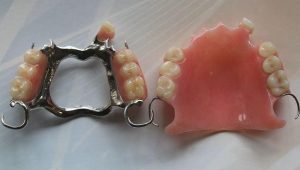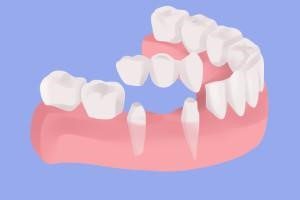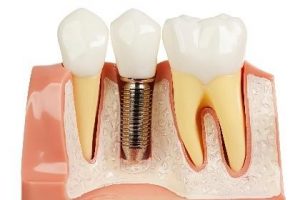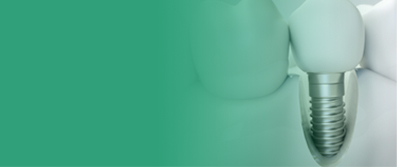Prosthodontics is the branch of dentistry concerned with the replacement of missing teeth. Our prosthodontist can restore natural teeth and/or replace missing teeth.
Our Prosthodontists are registered on the General Dental Council (GDC) register as Specialists, or have a special interest in Prosthodontics (trainee specialists). They have spent several additional years studying this specialty after finishing their dental degree (postgraduate training).
Types of treatment a prosthodontist provides: If you have missing teeth, you may choose to do nothing and leave the space empty. However, this allows the remaining teeth to shift, causing complications. Alternatively, you may want to replace them. Treatment options include the following.



Gaps left by missing teeth can cause problems with eating and speech, and teeth either side of the gap may grow into space at an angle.
Teeth can also be replaced with a fixed bridge if there are adequately healthy, strong teeth to support the artificial teeth. In order to fabricate a bridge, the adjacent teeth are prepared to make room for the prosthetic (artificial) tooth. A prosthetic tooth or teeth can be suspended between adjacent teeth in this way to provide a functional and cosmetic replacement for the missing tooth/teeth.
This treatment requires the irreversible preparation of the adjacent (abutment) teeth for support
Long-term, fixed bridges between natural teeth have an average life expectancy of 10-12 years before requiring replacement. Replacement of fixed bridges often entails further treatment as the abutment or supporting teeth have been further compromised over time. This can lead to dental diseases such as cavities or periodontal bone loss.
In certain cases, it is possible to use a resin-bonded bridge which either has the minimal preparation of the adjacent teeth or in some cases no preparation. The application of this treatment option is limited. However, with the correct planning, this option of treatment can be very successful.
Dentures are removable teeth made of acrylic (plastic), nylon or metal. They fit snugly over the gums to replace missing teeth and eliminate potential problems caused by gaps.
You may, therefore, need either:
The most appropriate treatment for you will depend on the number of missing teeth. It will also depend on where teeth are missing in your mouth and the condition of any remaining teeth and gums. Your dentist will advise you on the various options available to you.

